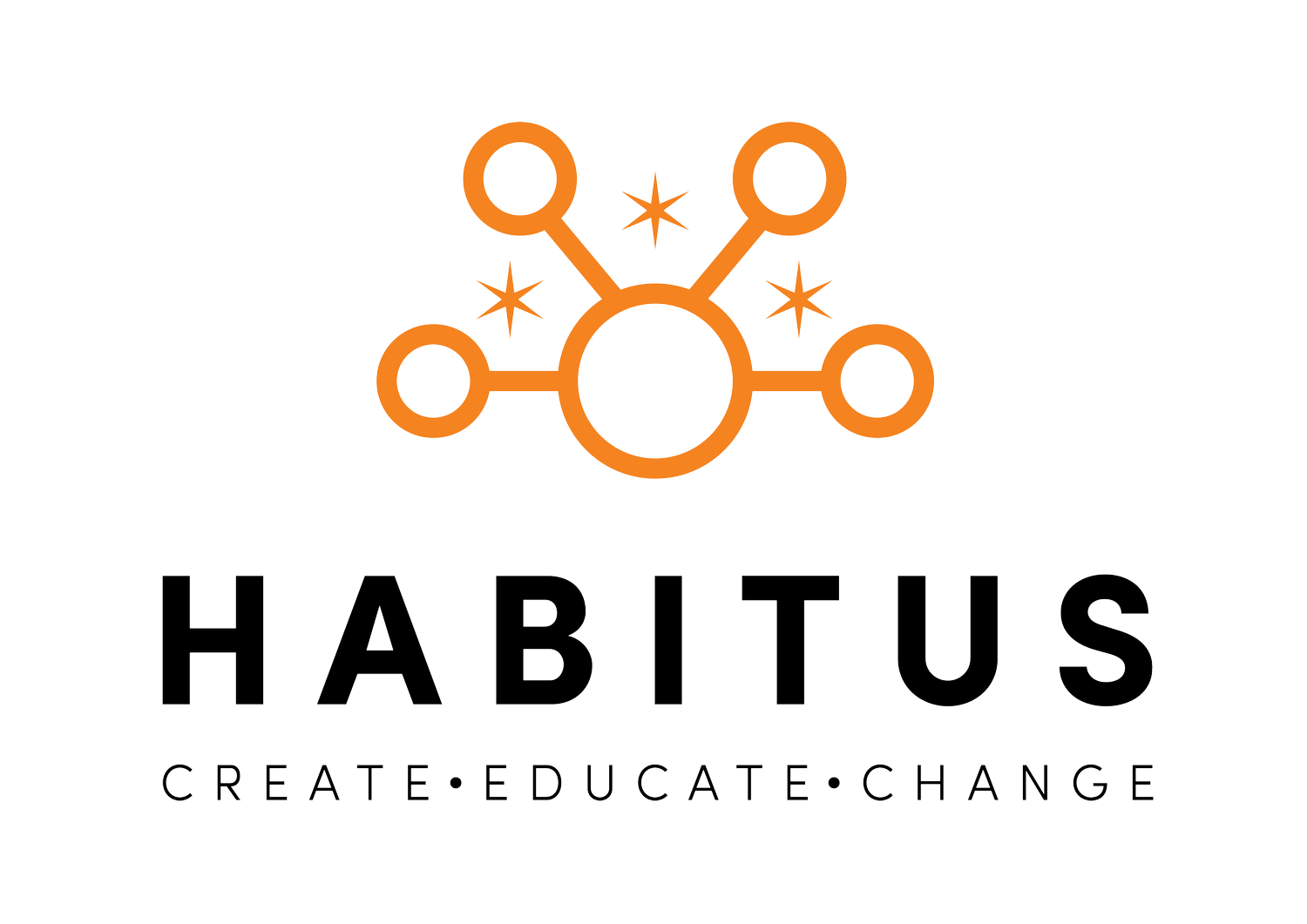HOW ANTHROPOLOGICAL PERSPECTIVES CAN HELP WITH HIGH PERFORMING TEAMS
Anthropological perspective with its adherence to inclusivity, empathy, valuing diversity is one of the key approaches to building high performing teams.
Let me explain.
Remember the story of the Elephant and the Blind men? Did you forget it? Vaguely remember? Let me tell you again.
Once upon a time in a particular village, there came a strange animal called an elephant. A group of blind men became curious and wanted to inspect the strange creature. So, one by one each of them touched a different part of the animal and gave an opinion about it. Those who touched the trunk called it a snake, those who touched the ear called it a fan, those who touched the leg deemed it as a pillar and so on. But no wise fellow could discern the animal in a complete picture. Hence, all of them failed.
Are you wondering how this story is relevant here?
It is because, without a concrete team culture, employees may well behave like these blind men.
Anthropological perspective: Understanding the ‘other’
The success of an organization lies in building high performing teams. Well, most of the time when we work in teams, we are always concerned about our own ‘opinion’ or a ‘subjective perspective’. Blinded by our tunnel vision, we fail to understand the perspective of others while taking our opinion as the absolute! Not once do we try to weigh the opinion of others which can be equally true.
When confronted with such a situation, an anthropological perspective comes to the rescue.
A heavy term, isn’t it?
Well, an anthropological perspective is taking what anthropologist Gillian Tett believes is the ‘worm’s eye view’. An approach that is dipped in holism rather than looking at a problem from one single perspective. Anthropologists swim through a web of inter-connected meanings and blind spots which can be difficult to decipher on a surface level. In Tett’s terms these are the “social silences”. The root cause of problems that prevent developing high performing teams. These can be hidden power hierarchies, rituals, patterns of work, relationships at work, etc.
So, if for instance an anthropologist was given the task to inspect an elephant, he/she will look at the trunk, tail, legs, ears, tusk, skin etc, to have a complete idea of the animal. Or else, would suggest all blind men come together to form a complete idea of what the animal is.
Role of empathy and inclusivity
“Anthro- vision” (coined by Gillian Tett) or the anthropological perspective brings in inclusivity and empathy. When you begin understanding or lending an ear to an alternate perspective or idea, you open your mind to a new way of thinking. Accommodating other people’s ideas makes you empathetic and lets you bond with people.
Creating high-performance teams need positive collaboration. Try as you might, just preaching collaboration won’t help you foster it in your team. The key is to build trust amongst the members. And the only way you can bring in trust is to enhance the understanding between the members of the team. Finally, the key to that?
Yup, you got it, anthropological perspective, where the ‘other’ is of equal if not more, important than yourself.
High performing teams: psychological safety
Psychological safety is one of the key ingredients that help foster a culture of high performance in teams.
An environment that fosters trust and understanding becomes psychologically safe. One is no longer worried if his voice would be misinterpreted or scorned at. When the mind is no longer afraid of losing in a competitive environment, it rather looks forward to participating in the processes unafraid. Hence, more creative and willing to work for the greater good. But if afraid, the flight and fight behaviour come to the fore and you get an isolated team of employees who all think they are better alone than in a team.
And if your team is cross-cultural, like several globalized teams are, then God forbid, without an anthropological perspective or “Anthro-vision”, inclusivity in diversity could be a pain in the neck! To have a high functioning team, an anthropological perspective is needed.
Anthropologists strive to observe with an open mind, empathy, intuition, and an ability to “see” things beyond familiar appearances. This is what makes the anthropological perspective a must have.
Written by our Literary Intern, Sonika Jaggi
